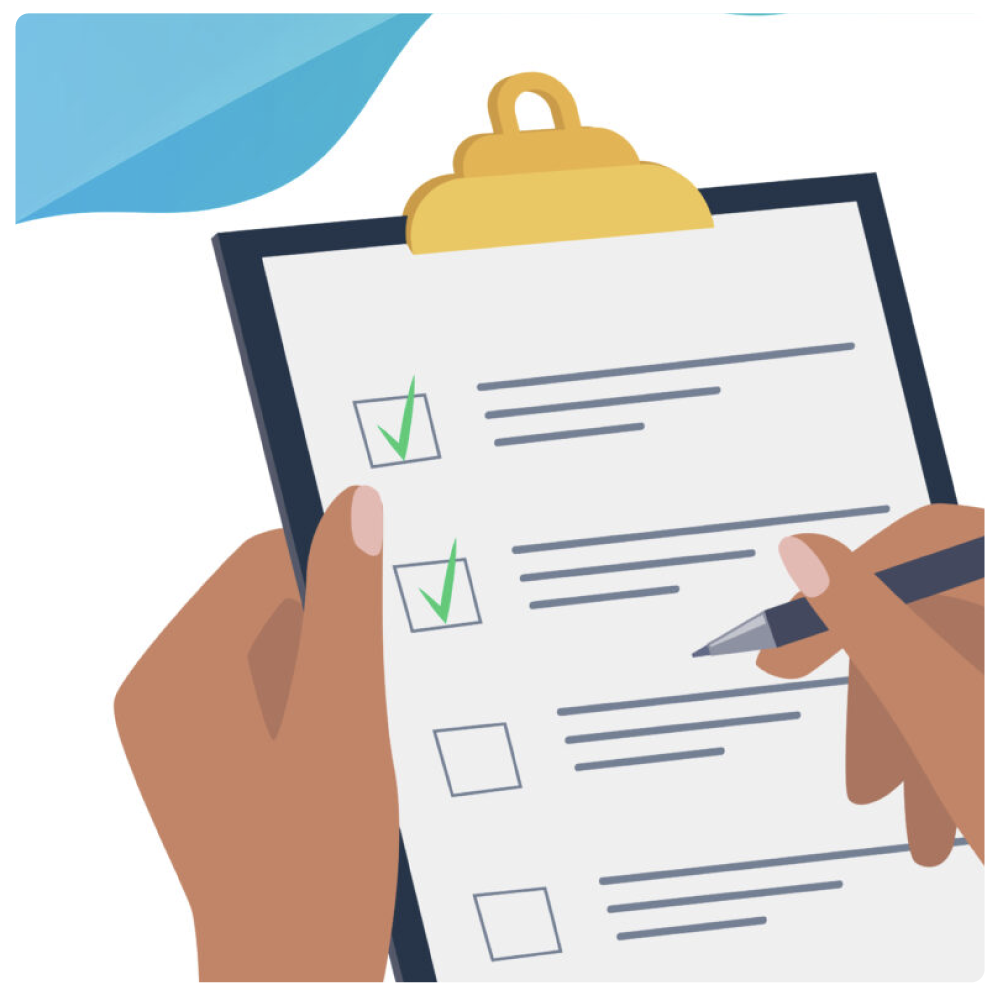Bad leads
Bad leads are potential customers who are unlikely to make a purchase. These prospects may show initial interest, but various factors can make them unsuitable. Common reasons include insufficient budget, not needing the product or service, or lacking the authority to make decisions.
Bad leads meaning for marketing: How to recognize them
Leads are often considered “bad” due to specific traits that hinder their conversion. These might include:
- A lack of understanding of the company’s offerings.
- An inability to recognize how the business’s solutions meet their needs.
- Limited decision-making capabilities.
- Unrealistic expectations regarding pricing.
- A lack of motivation to purchase from the company.
Also, the generation of poor leads instead of qualified ones can occur for several reasons. Some of the most common causes include:
- Purchasing low-quality email lists: Brands sometimes buy contact lists from external vendors that contain outdated, inaccurate, or incomplete information. Using such data can result in misdirected emails and, even worse, damage the company’s reputation through unsolicited outreach.
- Targeting the wrong audience: This occurs when marketers adopt a generic approach in their lead generation efforts. This can attract an unsuitable audience or fail to engage the intended recipients effectively.
- Lack of effective lead nurturing: Poor lead nurturing strategies often result from inadequate follow-up with leads. Failing to engage promptly can cause leads to lose interest and grow cold, ultimately affecting conversion rates.
How to avoid bad leads: Best practices for lead generators and lead buyers
In order to avoid getting bad leads, there are a few best practices that lead generators or lead buyers can adopt:
- Evaluate your lead sources: Always verify your sources. When acquiring third-party leads, consider the originating domain as a critical factor. Use it to filter out low-quality leads and prioritize high-quality ones.
- Make sure that your leads gave their consent to be contacted: Verify that the prospects you engage with genuinely want to have a conversation with you. This is not only important for effective communication but also essential for maintaining compliance with the Telephone Consumer Protection Act (TCPA).
- Properly qualify your leads: Regardless of how you get leads (through lead generation or lead buying), effective lead qualification enables you to analyze them and identify those unlikely to convert into deals.
- Follow-up quickly: Engage with new prospects as soon as they express interest in your product or service. Respond promptly with calls or emails from a real person and set follow-up sequences to stay in touch with the lead and drive them through the conversion funnel.




